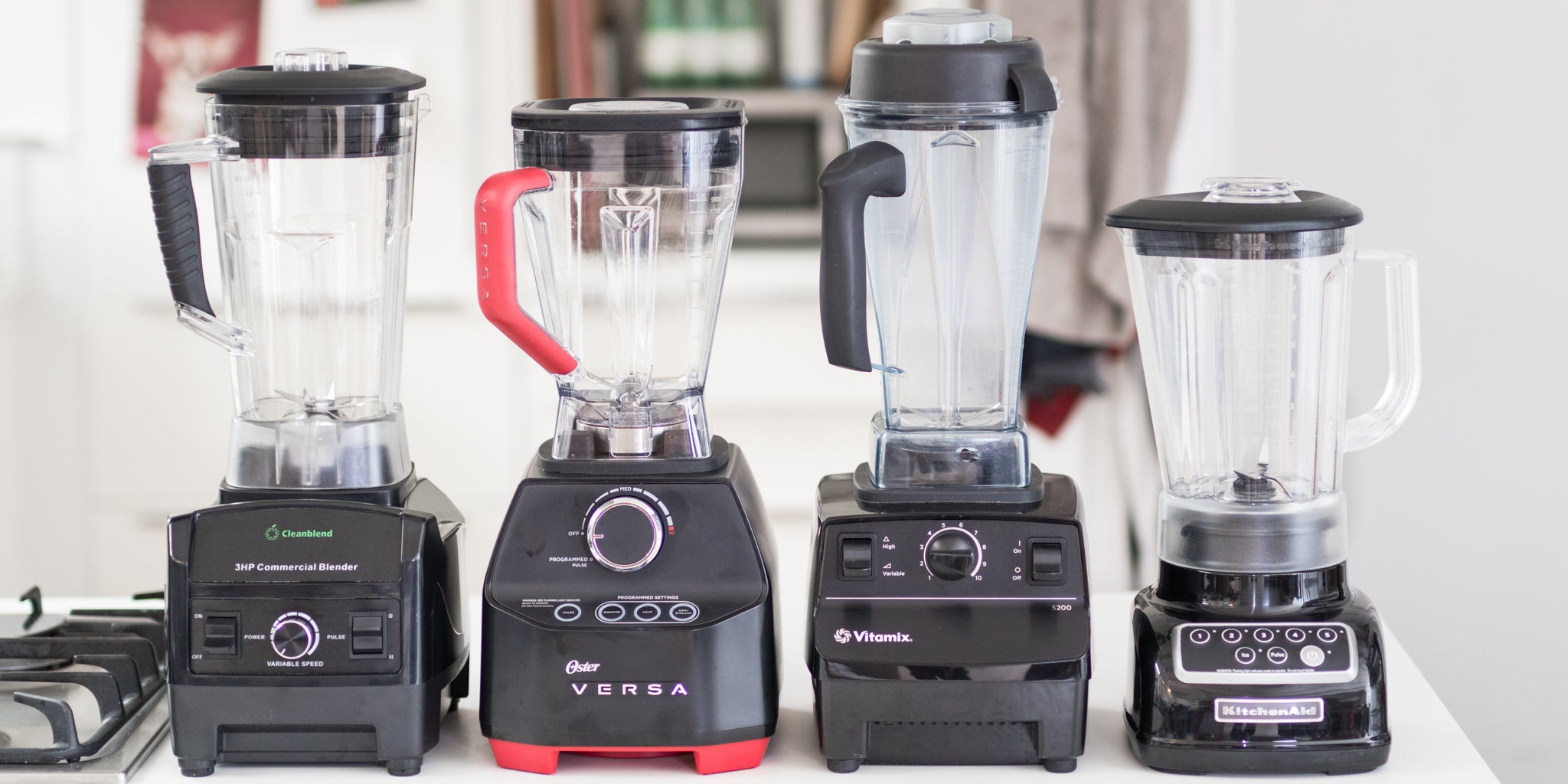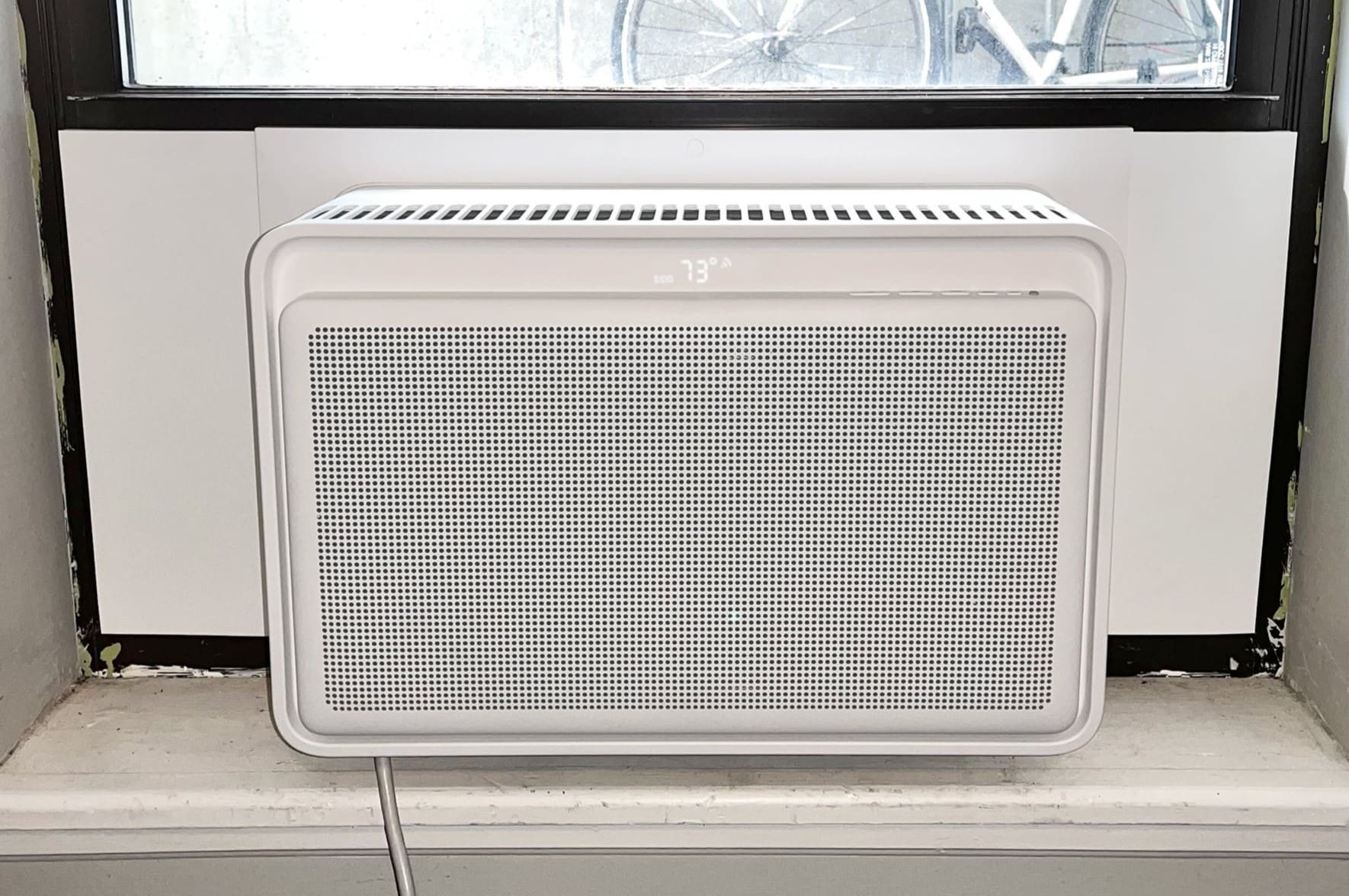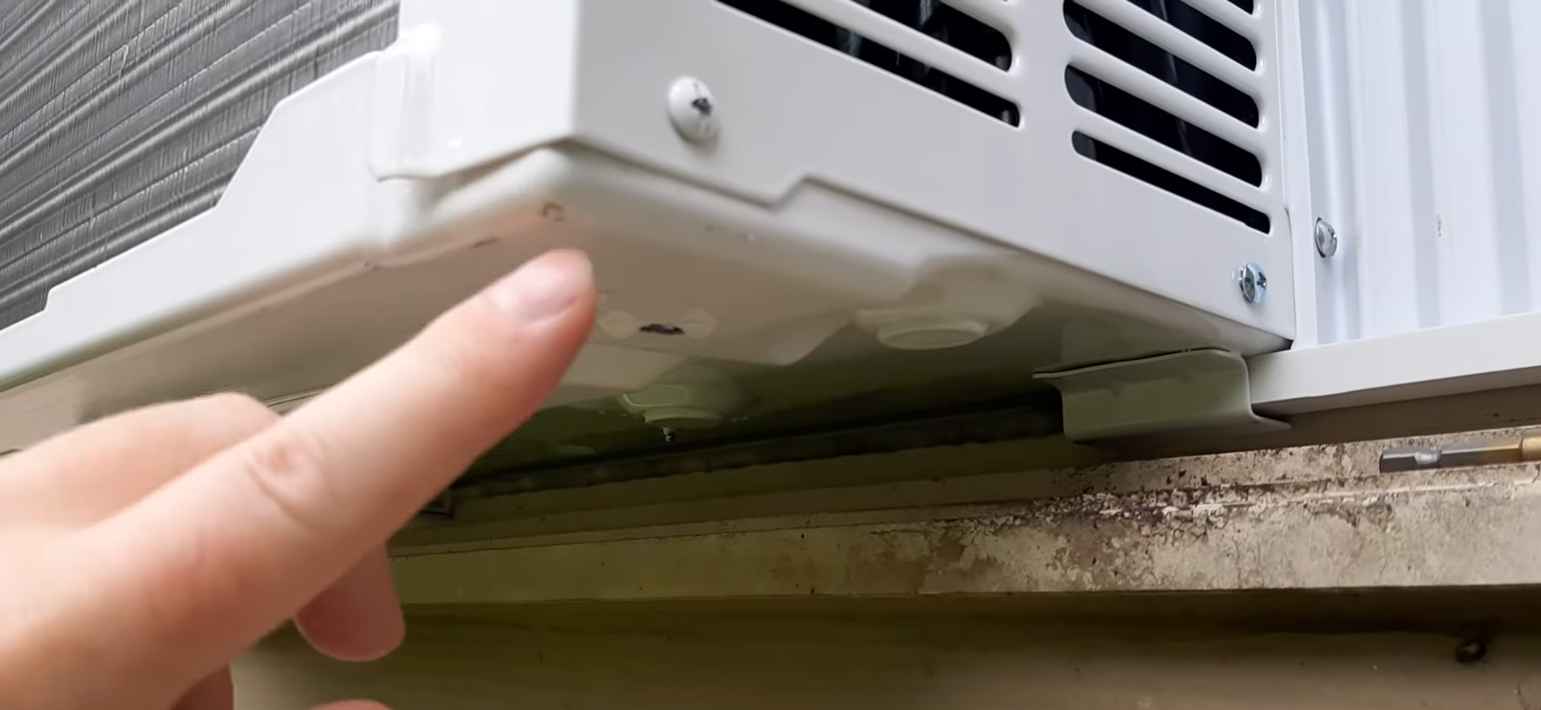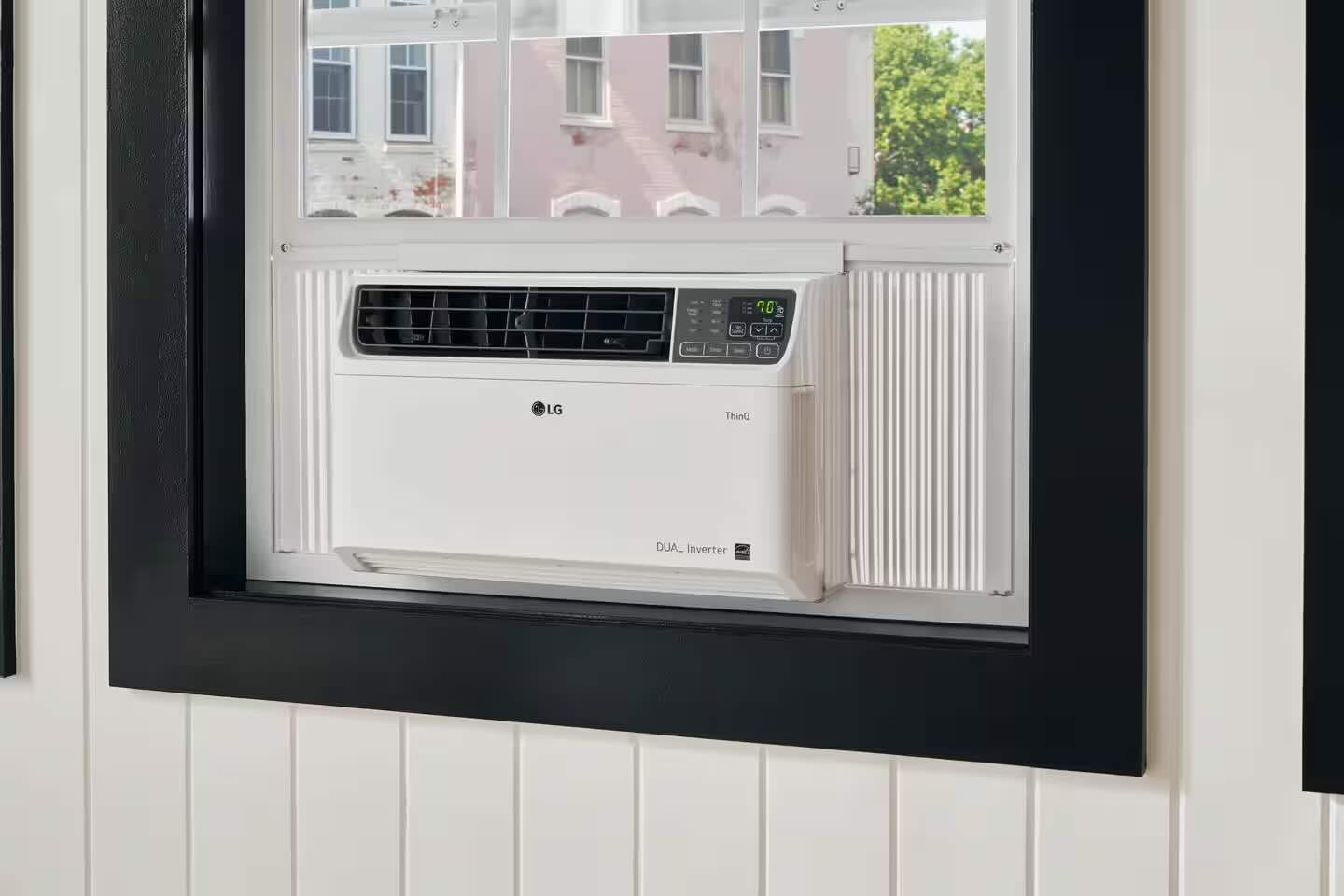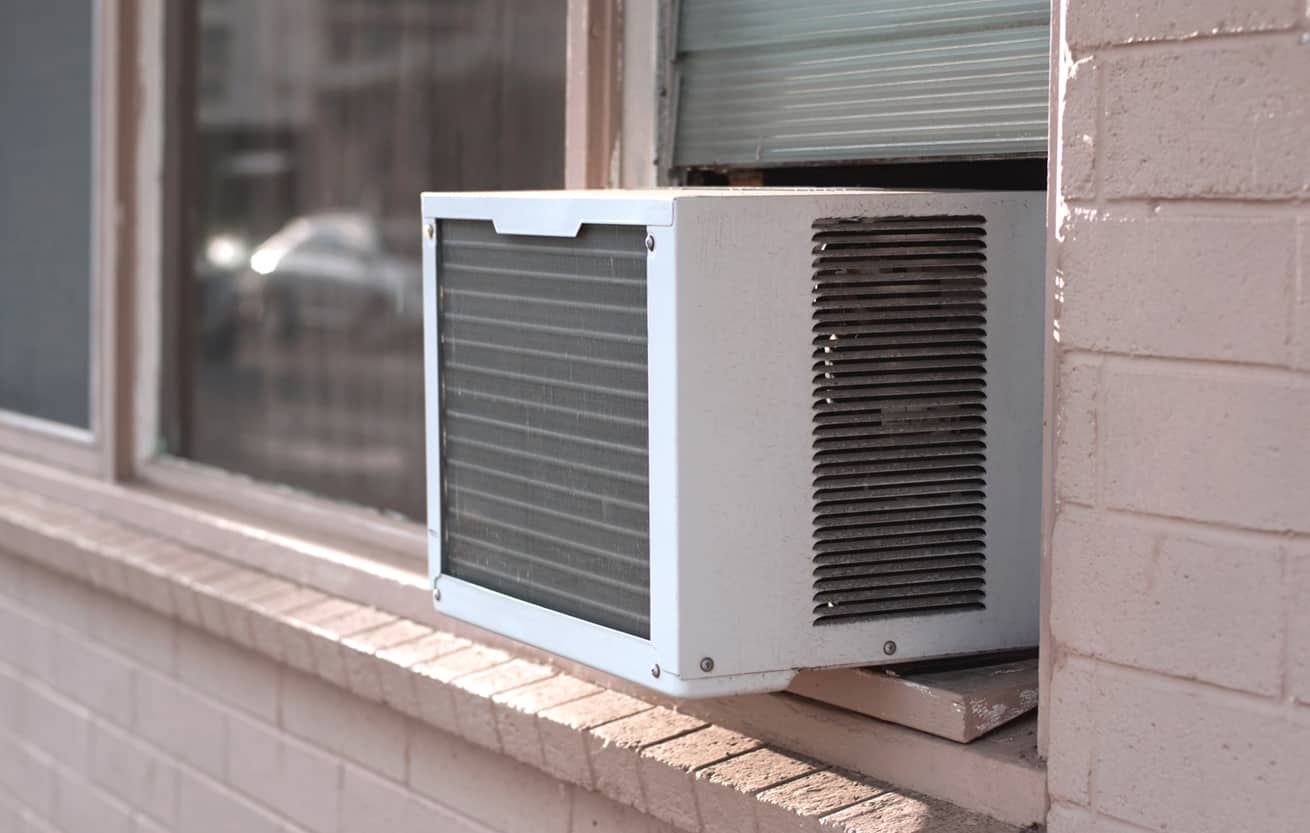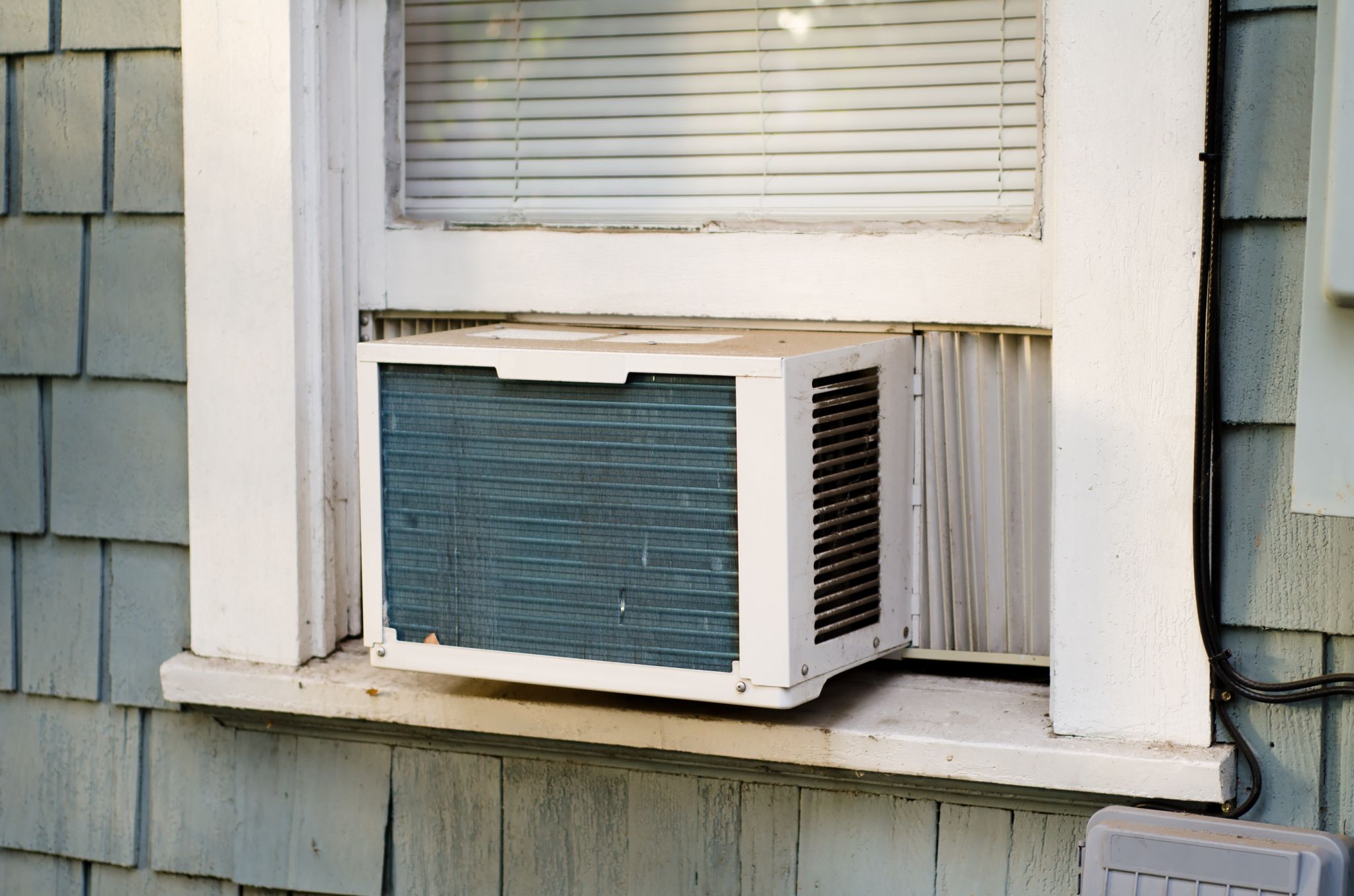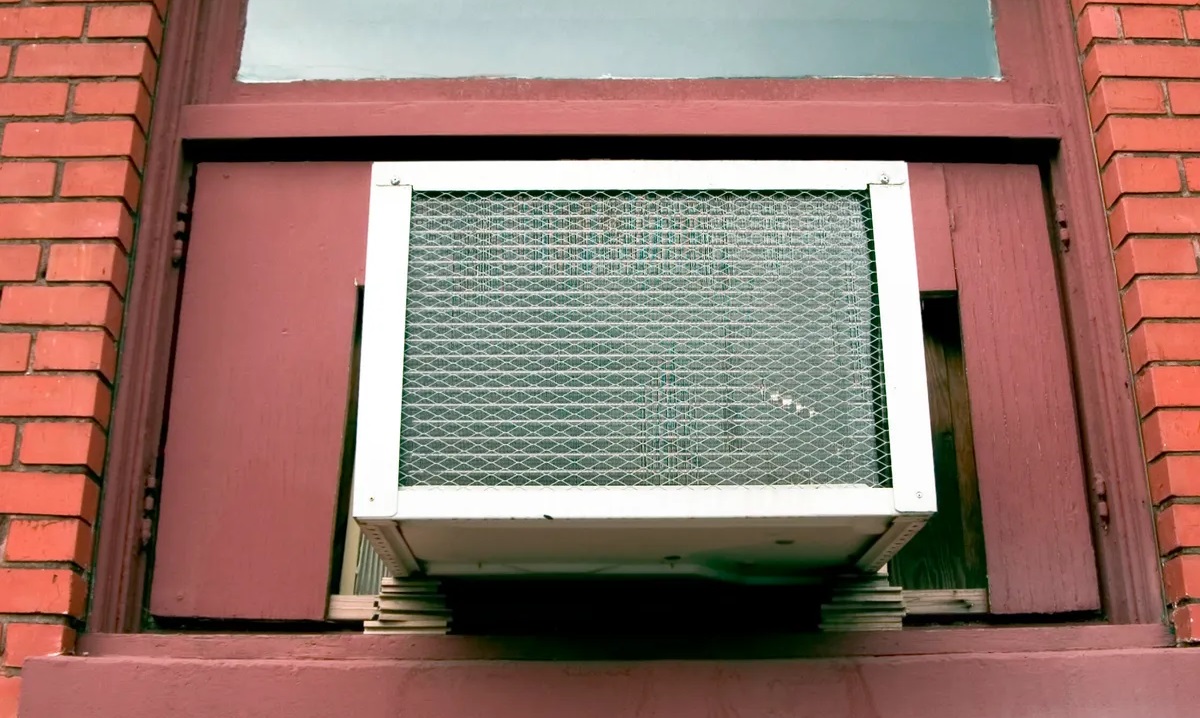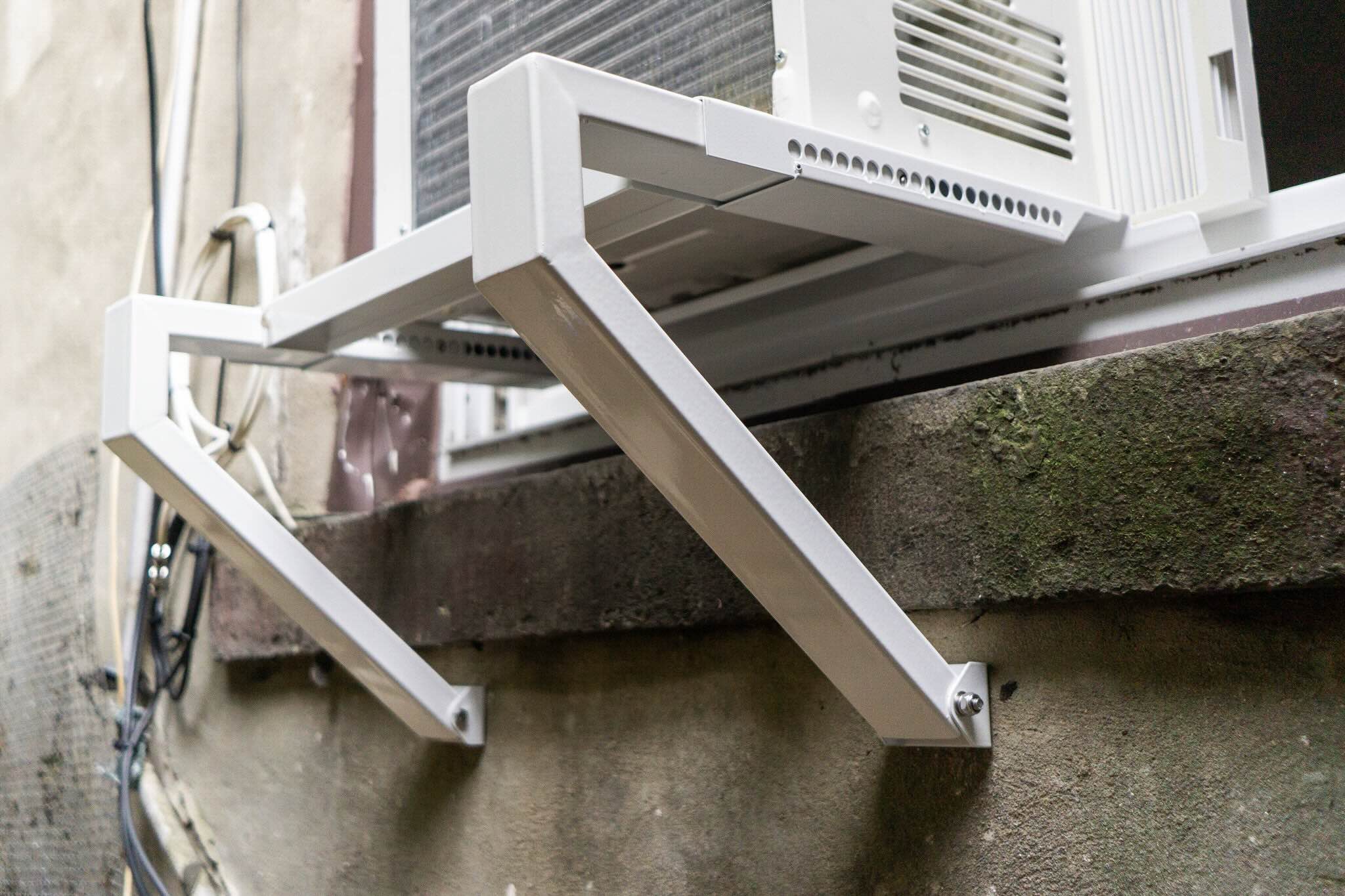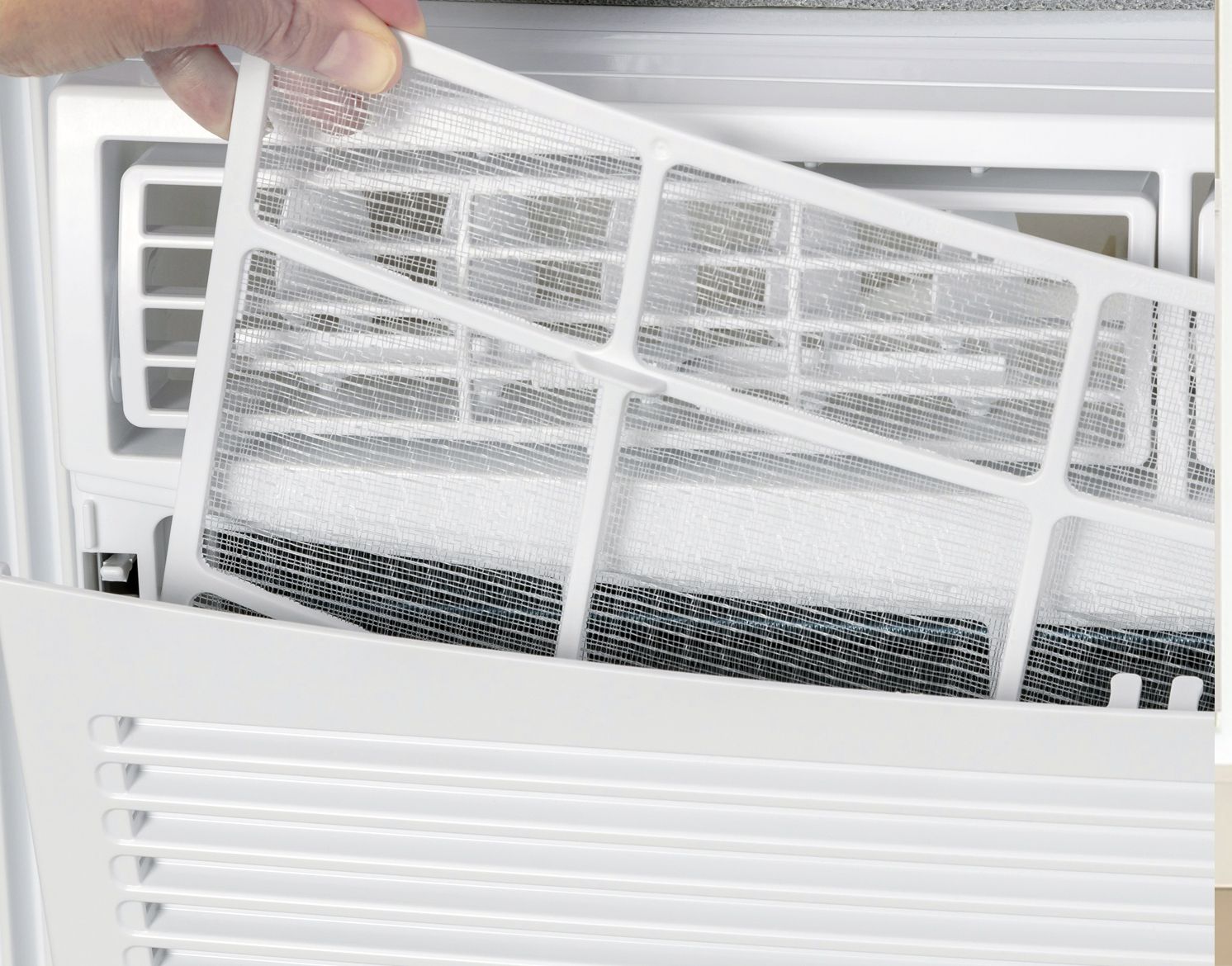Home>Home Maintenance>What Is The Quietest Window Air Conditioner
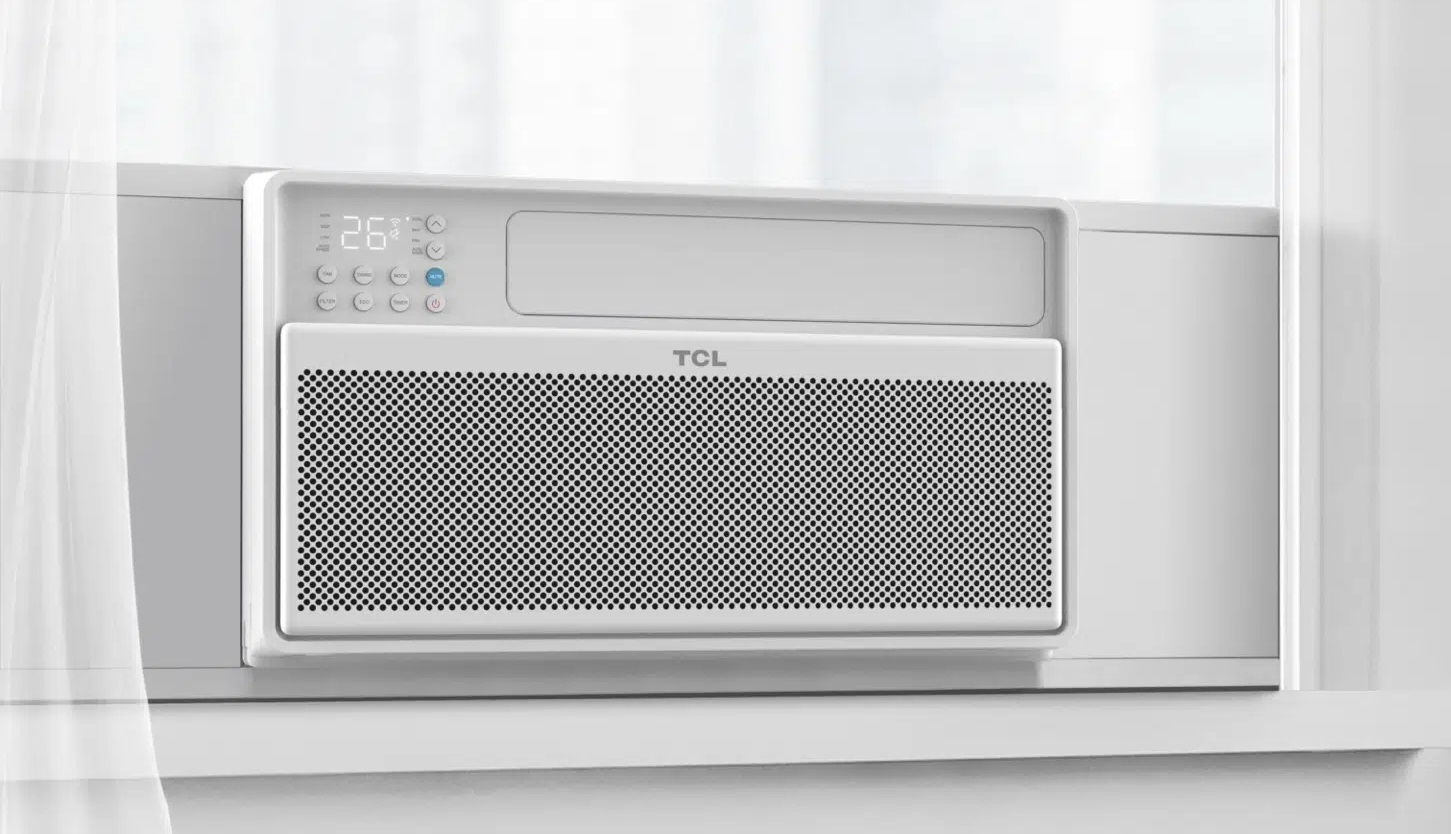

Home Maintenance
What Is The Quietest Window Air Conditioner
Modified: March 7, 2024
Looking for a quiet window air conditioner for your home maintenance? Discover what the quietest models on the market have to offer and say goodbye to noisy cooling units.
(Many of the links in this article redirect to a specific reviewed product. Your purchase of these products through affiliate links helps to generate commission for Storables.com, at no extra cost. Learn more)
Introduction
When it comes to home maintenance, one often overlooked aspect is finding the right window air conditioner. A window air conditioner not only helps regulate the temperature in your home but also provides much-needed relief during the scorching summer months. However, if you’ve ever had a noisy window air conditioner, you know just how much it can disrupt your daily life.
That’s where the quiet window air conditioner comes in. These innovative appliances not only provide excellent cooling performance but also operate at a minimal noise level, ensuring a peaceful and comfortable environment in your home. In this article, we will explore the benefits of a quiet window air conditioner, the factors to consider when choosing one, the noise level ratings, the top quietest window air conditioner models available in the market, as well as tips for maintaining them.
Investing in a quiet window air conditioner has numerous advantages. Apart from the obvious benefit of maintaining a peaceful and quiet home, these appliances offer other perks that make them an excellent choice for your home. Whether you’re trying to keep your energy bills low, enhance your overall well-being, or create a more relaxing living space, a quiet window air conditioner can be the answer to your needs.
Choosing the right quiet window air conditioner requires careful consideration of several factors. While noise level is, of course, a crucial aspect, you’ll also want to take into account the cooling capacity, energy efficiency, size, and any additional features that may be important to you. By doing thorough research and considering these factors, you can ensure that you select a window air conditioner that not only operates quietly but also meets your cooling needs.
Key Takeaways:
- Enjoy a peaceful home with a quiet window air conditioner that improves sleep, enhances comfort, and boosts energy efficiency. Choose wisely for a serene living space.
- Keep your window air conditioner running quietly by maintaining filters, cleaning surfaces, and scheduling professional maintenance. A little care ensures long-lasting peace and comfort.
Read more: What Is The Quietest Air Conditioner
Benefits of a Quiet Window Air Conditioner
A quiet window air conditioner offers several benefits that go beyond just maintaining a peaceful environment in your home. Here are some of the advantages of investing in a quiet window air conditioner:
- Improved Sleep Quality: A noisy air conditioner can be a major disruption to your sleep, resulting in restless nights and fatigue. A quiet window air conditioner operates at a minimal noise level, allowing you to enjoy a good night’s sleep without any disturbances.
- Enhanced Comfort: A quiet window air conditioner not only cools the air but also reduces the humidity levels in your home. By maintaining a comfortable humidity level, it helps create a more pleasant and cozy living environment, especially during hot and humid summer days.
- Energy Efficiency: Many quiet window air conditioners come with advanced energy-saving features, such as programmable timers and temperature sensors. These features help optimize energy consumption, resulting in lower electricity bills and reduced environmental impact.
- Improved Focus and Concentration: Excessive noise can be distracting, particularly if you’re working or studying from home. A quiet window air conditioner minimizes background noise, allowing you to concentrate better and be more productive in your tasks.
- Seamless Integration: Quiet window air conditioners are designed to be compact and aesthetically pleasing, ensuring they seamlessly blend into your interior decor. With various styles and designs available, you can find a window air conditioner that complements your home’s ambiance.
Additionally, quiet window air conditioners often come with advanced features like remote control operation, air purifiers, and multiple fan speed settings. These features enhance convenience and enable you to personalize the cooling experience according to your preferences.
Overall, investing in a quiet window air conditioner provides numerous advantages, from creating a peaceful living space to improving energy efficiency and productivity. It is a worthy addition to any home, offering both comfort and cost savings in the long run.
Factors to Consider when Choosing a Quiet Window Air Conditioner
Choosing the right quiet window air conditioner requires careful consideration of several factors to ensure optimal performance and a peaceful environment in your home. Here are the key factors to keep in mind when selecting a quiet window air conditioner:
- Noise Level: The primary factor to consider is the noise level of the window air conditioner. Look for models that specifically advertise themselves as quiet or low-noise units. Check the noise rating in decibels (dB) and aim for a unit with a noise level of 50 dB or below for a truly quiet operation.
- Cooling Capacity: Consider the cooling capacity of the window air conditioner, measured in BTUs (British Thermal Units). Choose a unit with the appropriate cooling capacity to match the size of the room you intend to cool. Undersized units may struggle to cool the space effectively, while oversized units may cycle on and off frequently, leading to inefficiency and increased noise.
- Energy Efficiency: Look for window air conditioners with high Energy Efficiency Ratio (EER) ratings. Higher EER ratings indicate better energy efficiency, which can result in cost savings on your electricity bills. Energy Star certified models are also a good choice as they meet strict energy efficiency standards.
- Size and Installation: Consider the dimensions and weight of the window air conditioner, ensuring it fits your window space. Check the installation requirements, such as the type of window it can be installed in (e.g., double-hung, casement), and whether a mounting kit is included. A proper installation not only ensures efficient cooling but also minimizes potential noise and vibration issues.
- Additional Features: Take into account any additional features that may be important to you. This can include features like a remote control for convenient operation, a programmable timer to schedule cooling cycles, multiple fan speed settings for customizable airflow, and a sleep mode that adjusts the temperature and fan speed for optimized sleep comfort.
Additionally, read reviews and seek recommendations from trusted sources to gain insights into the overall performance and reliability of different window air conditioner models. Comparing prices and warranty coverage can also help you make an informed decision within your budget.
By considering these factors, you can select a quiet window air conditioner that not only operates silently but also meets your cooling needs efficiently and effectively. Remember, finding the right balance between noise level, cooling capacity, energy efficiency, and additional features is key to enjoying a peaceful and comfortable environment in your home.
Noise Level Ratings for Window Air Conditioners
When it comes to choosing a quiet window air conditioner, understanding noise level ratings is essential. Manufacturers typically provide noise level information measured in decibels (dB) to give consumers an idea of how noisy or quiet a unit will be during operation. Here are some common noise level ratings for window air conditioners:
- Quiet Operation: Window air conditioners that are specifically marketed as “quiet” often have noise levels ranging from 50 dB to as low as 40 dB. These units are designed with sound insulation and advanced compressor technology to minimize noise, making them ideal for bedrooms, living rooms, or any space where a peaceful environment is desired.
- Standard Operation: Standard window air conditioners typically have noise levels between 55 dB and 60 dB, which is comparable to the sound of a conversation or background noise in a busy office. While not as quiet as specialized quiet models, standard window air conditioners still provide effective cooling capabilities and are suitable for areas where noise sensitivity is not a major concern.
- High Noise Levels: Some older or lower-quality window air conditioners may have noise levels ranging from 65 dB to 75 dB or higher. These units can produce a noticeable amount of noise, similar to the sound of a vacuum cleaner or a busy street. It’s important to avoid these units if you are seeking a quiet and peaceful cooling experience.
Keep in mind that noise perception varies from person to person. For some individuals, even a noise level of 50 dB may be too loud, while others may be comfortable with slightly higher noise levels. Additionally, the noise output can also depend on factors such as the fan speed and the distance between the air conditioner and the listener.
When choosing a window air conditioner, it’s always a good idea to read customer reviews and look for feedback specifically regarding noise levels. This will give you a more accurate understanding of how quiet or noisy a particular model is in real-world situations.
Remember, while a lower noise level is generally desirable for a quiet and comfortable environment, it’s essential to strike a balance between noise level, cooling capacity, and energy efficiency. Aim for a window air conditioner with noise levels that suit your preferences and needs, while also considering other important factors such as cooling capacity, energy efficiency, and additional features.
Look for window air conditioners with low decibel ratings, typically around 50 dB or lower, for the quietest operation. Additionally, models with features like variable fan speeds and insulated compressor compartments can help reduce noise.
Top Quietest Window Air Conditioners Available in the Market
When it comes to finding the quietest window air conditioner, there are several models available in the market that prioritize noise reduction without compromising on cooling performance. Here are some of the top quietest window air conditioners available:
- Frigidaire Gallery Series Quiet Temp: This window air conditioner boasts a noise level of only 41 dB, making it one of the quietest options available. It features a built-in noise reduction system and offers excellent cooling performance. With its Energy Star certification and advanced features like a programmable timer and sleep mode, it provides both efficiency and comfort.
- LG Dual Inverter Window Air Conditioner: Known for its ultra-quiet operation, this window air conditioner employs a dual inverter compressor that reduces noise levels to as low as 44 dB. It offers exceptional energy efficiency, cooling performance, and comes with a remote control for convenience. Its smart technology allows you to control it through your smartphone, making it a top choice for tech-savvy users.
- Midea U Inverter Window Air Conditioner: This unique window air conditioner design allows the majority of the unit to remain outside the window, reducing noise levels inside the room to as low as 42 dB. It offers efficient cooling, works with smart home devices, and features multiple modes and customizable settings for optimal comfort. With its low-profile design and easy installation, it blends seamlessly with any interior decor.
- Friedrich Chill Premier Series: This window air conditioner series from Friedrich offers quiet operation with noise levels starting at 43 dB. It features a durable construction and excellent cooling capabilities. With its advanced filtration system, it also helps improve indoor air quality by trapping dust, allergens, and pollutants. Its intuitive controls and energy-saving features make it a top choice for those seeking a quiet and efficient cooling solution.
- Haier Serenity Series Quiet Window Air Conditioner: Engineered to provide maximum comfort with minimal noise, this series of window air conditioners has noise levels as low as 43 dB. It utilizes a compressor blanket and insulated side panels to reduce operating sounds. With its energy-saving features and user-friendly controls, it offers both efficiency and convenience.
These are just a few examples of the quietest window air conditioners available. It’s important to note that noise levels can vary depending on the cooling capacity and specific model within each series. Additionally, it’s always recommended to read customer reviews and compare features to ensure the chosen model meets your specific needs and preferences.
Remember, while prioritizing quiet operation is essential, it’s also important to consider factors such as cooling capacity, energy efficiency, size, and additional features to ensure you find the perfect balance between quietness and performance for your home.
Read more: What Is A Window Air Conditioner
Tips for Maintaining a Quiet Window Air Conditioner
To ensure your window air conditioner continues to operate quietly and efficiently, regular maintenance is essential. Here are some tips to help you maintain a quiet window air conditioner:
- Clean or Replace the Air Filter: The air filter in your window air conditioner can accumulate dirt, dust, and debris over time, which can restrict airflow and hinder performance. Clean or replace the filter regularly, following the manufacturer’s instructions. A clean filter improves air quality, enhances cooling efficiency, and reduces strain on the unit, resulting in quieter operation.
- Clean the Exterior and Vents: Dust and dirt can accumulate on the exterior of the unit and block the vents. Clean the exterior surfaces using a soft cloth or brush and remove any obstructions from the vents. This ensures proper airflow and prevents the accumulation of debris that could contribute to increased noise levels.
- Inspect the Fan and Fan Blades: Regularly check the condition of the fan and fan blades. If any dust or debris has built up, clean them gently using a soft cloth. Bent or damaged fan blades should be repaired or replaced to prevent noise and vibration issues during operation.
- Check and Clean the Condenser Coils: The condenser coils on the back or sides of the window air conditioner can become dirty and obstructed over time. Use a soft brush or vacuum cleaner with a brush attachment to gently clean the coils. This improves the unit’s efficiency and prevents excessive noise caused by restricted airflow.
- Inspect the Window Seal: Ensure that the window seal around the air conditioner unit is intact and properly sealed. Any gaps or leaks can allow outside air, noise, and insects to enter the room, affecting the unit’s performance and causing unwanted noise. Use weatherstripping or foam sealant to seal any gaps and create a tight seal.
- Regular Professional Maintenance: Consider scheduling regular professional maintenance for your window air conditioner. A trained technician can inspect and clean internal components, check refrigerant levels, and address any potential issues that may impact the unit’s quiet operation. Professional maintenance can help optimize performance and extend the lifespan of the air conditioner.
Following these maintenance tips will help ensure your window air conditioner operates quietly and efficiently throughout its lifespan. Regular cleaning and inspection help maintain optimal performance, reduce noise levels, and improve energy efficiency. Remember to refer to the manufacturer’s instructions and consult a professional if you encounter any issues or concerns with your window air conditioner.
Conclusion
A quiet window air conditioner can make a significant difference in creating a peaceful and comfortable environment in your home. By investing in a unit that prioritizes noise reduction, you can enjoy the benefits of efficient cooling without the disruption of excessive noise. Throughout this article, we’ve explored the benefits of quiet window air conditioners, factors to consider when choosing one, noise level ratings, top models available in the market, and maintenance tips to keep them running smoothly.
Choosing a quiet window air conditioner involves considering factors such as noise level, cooling capacity, energy efficiency, size, and additional features. By finding the right balance between these factors, you can select a unit that meets your cooling needs while keeping noise to a minimum. Remember to read customer reviews and seek recommendations to gain insights into the performance and reliability of different models.
Maintaining a quiet window air conditioner is key to ensuring its optimal performance and longevity. Regularly cleaning the air filter, exterior surfaces, vents, and condenser coils, as well as inspecting the fan and window seal, can help prevent obstructions and maintain efficient airflow. Additionally, scheduling professional maintenance can address any potential issues and keep your unit running quietly and efficiently.
In conclusion, a quiet window air conditioner offers more than just a cool and comfortable home. It promotes better sleep quality, enhances concentration, improves energy efficiency, and seamlessly integrates into your interior decor. With the wide range of quiet window air conditioner models available on the market, you have the opportunity to find the perfect unit that meets your specific needs and preferences.
So, why settle for a noisy and disruptive window air conditioner when you can enjoy a peaceful and serene environment with a quiet one? Consider the benefits, weigh the factors, and choose wisely. Your home and everyone in it will thank you for it.
Frequently Asked Questions about What Is The Quietest Window Air Conditioner
Was this page helpful?
At Storables.com, we guarantee accurate and reliable information. Our content, validated by Expert Board Contributors, is crafted following stringent Editorial Policies. We're committed to providing you with well-researched, expert-backed insights for all your informational needs.

